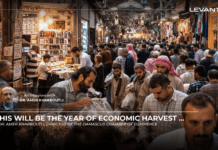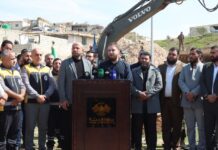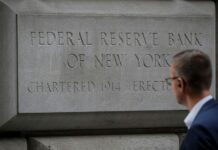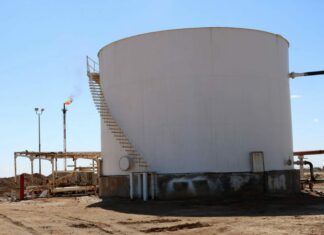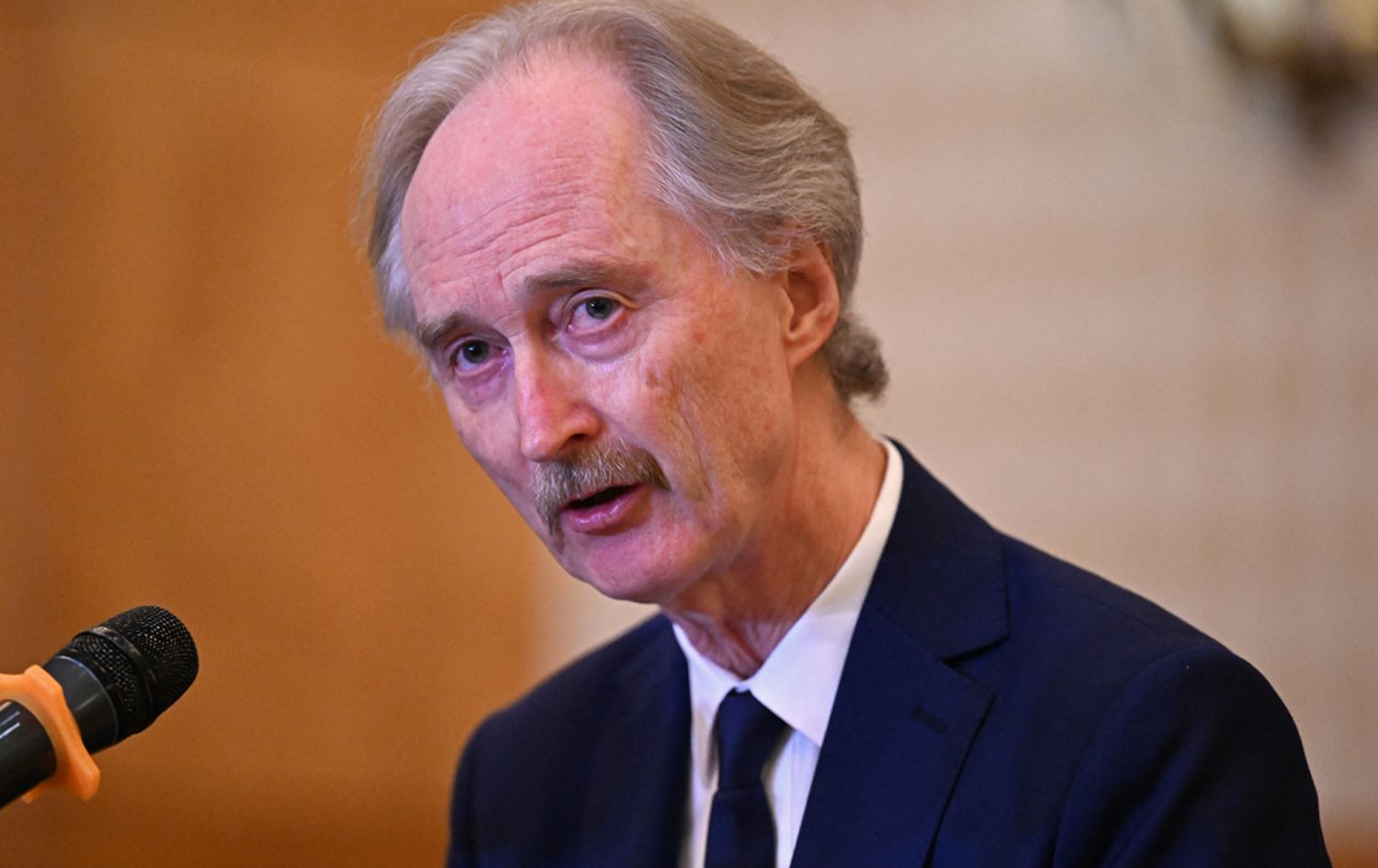
The Syrian Caretaker Government (SCG) has unveiled an ambitious plan for reconstructing and rehabilitating the war-torn country, emphasizing the need for international cooperation, foreign investment, and lifting longstanding economic sanctions.
Speaking at a press conference in Damascus, UN Special Envoy to Syria Geir Pedersen called on the international community to reconsider sanctions on Syria, citing their adverse impact on the country’s economic recovery and political transition.
“If we want to rebuild Syria and save the people from poverty, the sanctions must be lifted,” Pedersen said, highlighting a strong international consensus in favor of supporting Syria’s transition. He further underscored the need to form a comprehensive national army that incorporates all factions, in line with the principles of UN Resolution 2254, which affirms Syria’s sovereignty and territorial integrity.
Economic Overhaul &Foreign Investment
In a bid to attract foreign investors and jumpstart economic growth, Syrian Foreign Minister Asaad al-Shaibani outlined key initiatives during the World Economic Forum in Davos. He announced plans to privatize state-owned assets, including ports and factories, and encourage public-private partnerships in infrastructure sectors such as airports, railways, and roads.
“The vision of the ousted regime was based on a security state, while our vision is economic development,” Al-Shaibani told the Financial Times. He added that Syria is working on forming committees to study the economic situation and implement much-needed reforms.
The foreign minister acknowledged the enormous challenges ahead, citing the discovery of $30 billion in debt owed to Iran and Russia, the depletion of foreign reserves, and the collapse of key economic sectors such as agriculture and manufacturing due to years of corruption and mismanagement under the previous regime.
“We do not want to live on humanitarian aid,” Al-Shaibani stressed. “We want a self-sufficient economy with clear laws that encourage investment and economic growth.”
Sanctions Relief as a Critical Factor
Al-Shaibani argued that easing sanctions is vital to rebuilding Syria’s economy and restoring basic services for millions of citizens struggling with poverty. He called on the US and the EU to lift restrictive measures, which have hindered international investment and trade.
“Our participation in Davos is an opportunity to renew calls for the removal of sanctions imposed during the Assad era,” he said, emphasizing that the SCG is committed to working within international frameworks to foster economic stability.
The EU, for its part, appears divided over its stance on sanctions. The union’s foreign policy chief Kaya Kallas confirmed ongoing discussions about a “phased approach” to easing sanctions, with some member states advocating for temporary suspension as a show of support for Syria’s transition, while others prefer to retain leverage over Damascus.
Political Stability & Regional Cooperation
Beyond economic recovery, the SCG is also focusing on fostering regional alliances and addressing lingering security concerns. Al-Shaibani reassured Gulf and Western nations that the new administration would not pose a threat to regional stability, highlighting strong ties with Turkey as a cornerstone of Syria’s security and economic revitalization.
Regarding northeastern Syria, where the US-backed Syrian Democratic Forces (SDF) maintain control, Al-Shaibani reiterated that their presence “no longer has any justification.” He emphasized the government’s commitment to guaranteeing Kurdish rights in the new constitution while seeking full control over areas currently held by the SDF.
Meanwhile, Pedersen condemned Israel’s recent incursions and occupation into Syrian territory following the fall of the Assad regime, calling the occupation of parts of the Golan Heights “absolutely unacceptable.”
Next Steps for Syria’s Reconstruction
The SCG’s roadmap prioritizes the restoration of essential services such as electricity, water, and food security. Plans are also in place to revive key sectors like oil, cotton, and furniture production through privatization and strategic investments.
As international stakeholders prepare to discuss the future of sanctions and potential investment opportunities in Syria, the SCG remains hopeful that these initiatives will mark the beginning of a new chapter in Syria’s economic and political landscape.
Al-Shaibani emphasized they are determined to end Syria’s “pariah state” status and build a prosperous future, calling on international partners to extend support and cooperation in this critical phase.

